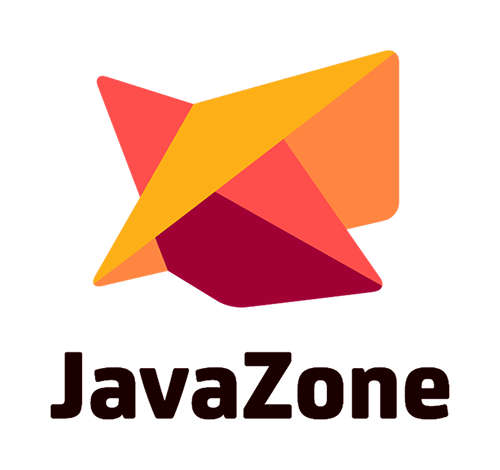The Raspberry Pi Report Our Pi guy finds a lot to like as he gets down and dirty with Ubuntu MATE’s latest and greatest release…
FOSS Force
The Mozilla Foundation has hired Simon Phipps to examine and evaluate options for the Thunderbird desktop client, which is seeking a new home. His initial report was made public on Monday.
On Monday, Mozilla’s executive director Mark Surman posted an update on Mozilla’s efforts to find a new home for its Thunderbird email client on his personal blog. In early December, Mozilla announced that it wanted to shed itself of Thunderbird, a project that’s been associated with Mozilla since the start of the foundation.
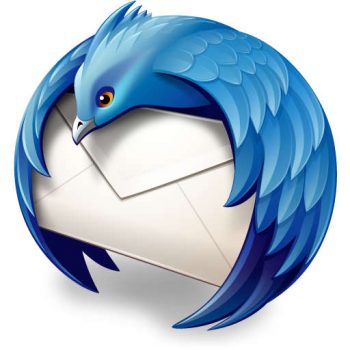 In a nutshell, the Mozilla Foundation finds that continuing to maintain and development Thunderbird distracts from its current focus of getting Firefox back on track. Thunderbird is a huge project, requiring much in the way of resources, but has a user base that’s been in decline since 2012, as many users are turning away from desktop email clients in favor of web based email services.
In a nutshell, the Mozilla Foundation finds that continuing to maintain and development Thunderbird distracts from its current focus of getting Firefox back on track. Thunderbird is a huge project, requiring much in the way of resources, but has a user base that’s been in decline since 2012, as many users are turning away from desktop email clients in favor of web based email services.
The Video Screening Room
When Pennsylvania’s Penn Manor High School launched the state’s largest free software learning program, they did it a little differently than most schools. As click-baity ads on FaceBook like to proclaim: You won’t believe what happened next.
Newly discovered Windows security hole bypasses AppLocker and lets apps run without admin rights. Proof-of-concept code published.
This is one of those “look what I found while looking for something else” sort of stories. Casey Smith was trying to solve a problem and accidentally discovered a security vulnerability that affects business and server editions of Windows 7 and up.
The Video Screening Room
This movie trailer spoof sells a movie that’s definitely not coming soon to a theater near you. If it were, however, you can bet your booty it’d be released under a Creative Commons license.
When I found out that I was going to have the opportunity to substitute for Phil Shapiro for today’s video column, I jumped at the chance. Why? Because I want to share with you one of the great TV parodies that the JavaZone conference produces each year.
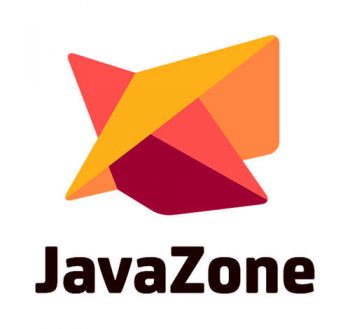 In case you don’t know, since its beginning fifteen years ago, JavaZone has grown to be the largest independent conference for Java developers on the planet. The conference is held each year in Oslo, Norway, with this year’s event scheduled for September 7-8.
In case you don’t know, since its beginning fifteen years ago, JavaZone has grown to be the largest independent conference for Java developers on the planet. The conference is held each year in Oslo, Norway, with this year’s event scheduled for September 7-8.
You don’t have to be a big Java fan to really like these folks, for they are 100 percent — that means totally for those of you who have trouble with numbers — behind open source. For the past six years or so, they’ve produced annual video parodies of popular television shows, which over time have become increasingly lavish productions.
The Mexican distro Escuelas, or ‘School,’ Linux was designed to give extended life to aging hardware in financially strapped school districts in Latin America and is based on Bodhi Linux.
On Monday, a GNU/Linux distro designed to be used in schools, Escuelas Linux, released version 4.4. Just how dedicated to education are the developers of this distro? Plenty. In case your Spanish is as rusty as ours, the Spanish name Escuelas translates to “schools” in English.
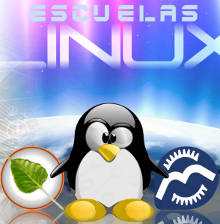 There are more than a few things that are unusual about Escuelas Linux. For one, although ultimately derived from Ubuntu, it’s not a first generation descendant on the Ubuntu tree, but traces it’s *buntu roots by way of Bodhi Linux. The distro also uses the Moksha desktop, which Bodhi developed after becoming unhappy with the direction that Enlightenment was taking.
There are more than a few things that are unusual about Escuelas Linux. For one, although ultimately derived from Ubuntu, it’s not a first generation descendant on the Ubuntu tree, but traces it’s *buntu roots by way of Bodhi Linux. The distro also uses the Moksha desktop, which Bodhi developed after becoming unhappy with the direction that Enlightenment was taking.

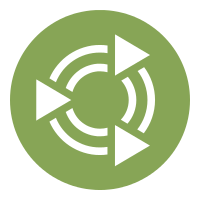



 These things I accepted as a necessary part of using a computer every day.
These things I accepted as a necessary part of using a computer every day. 

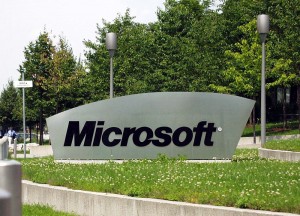
 Times have changed. Android is still winning on mobile, but other than that, Microsoft is back on track and is maybe more secure than ever. That’s not good for FOSS.
Times have changed. Android is still winning on mobile, but other than that, Microsoft is back on track and is maybe more secure than ever. That’s not good for FOSS.